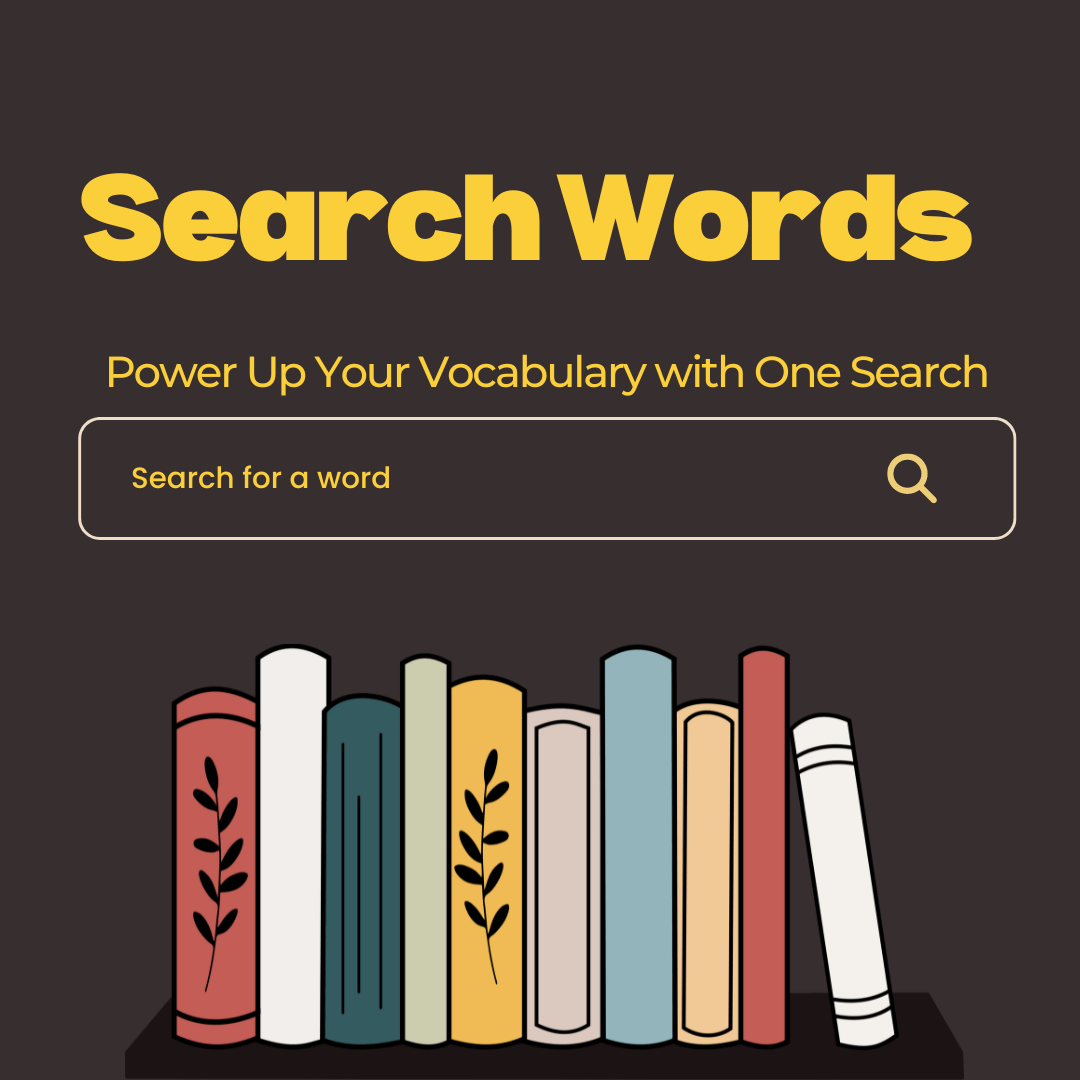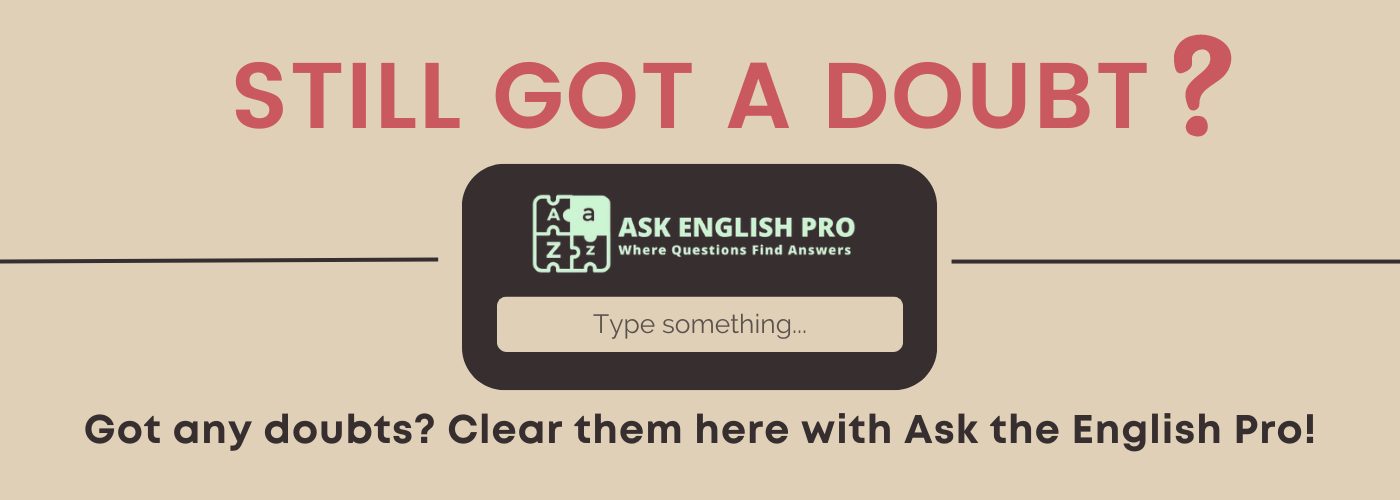Detailed Article for the Word “Therapy”
What is Therapy: Introduction
Like a compassionate guide through a dense, tangled forest, “therapy” offers a path toward healing and understanding. It provides individuals with the tools to navigate life’s challenges, fostering growth, resilience, and self-discovery. In a world where stress, trauma, and emotional complexities affect nearly everyone at some point, therapy has become an invaluable resource, addressing issues from mental health struggles to relationship dynamics. As conversations about mental wellness grow in both personal and public spaces, therapy’s role becomes ever more central in helping individuals live balanced, fulfilled lives.
Origin and History of the Word Therapy
The term “therapy” originates from the Greek word “therapeia,” meaning “service” or “care.” In ancient Greece, this term encompassed physical treatments as well as mental and spiritual care, often provided in healing sanctuaries called Asclepieia, dedicated to Asclepius, the god of medicine. The word made its way into English in the 19th century, initially referring to physical healing practices. With the evolution of psychology in the 20th century, the concept of therapy expanded to include mental and emotional treatment, developing various forms like psychotherapy, cognitive-behavioral therapy, and art therapy. Today, “therapy” has a broad application in mental health, wellness, and even personal development contexts.
Meaning and Definition of Therapy
Therapy (noun):
- Treatment intended to relieve or heal a disorder or condition, especially mental, emotional, or physical issues
- The practice of assisting individuals in developing coping strategies for mental and emotional challenges
- (Specialized) A structured program or set of practices used to manage specific issues, such as behavioral or cognitive therapy
- (Holistic) Any activity that fosters personal healing or growth, such as art therapy or meditation
How to Pronounce Therapy
THER-uh-pee
How to Remember Therapy: Memory Tips
To remember “therapy,” think of “the rap” as a comforting talk that soothes the mind. Another way is to connect it with “therapist”—imagine a trusted guide who helps you through life’s “rough patches.” The word’s structure (THER + A + P) can be visualized as “The Helping Action Plan,” reflecting its purpose in providing assistance and care.
Therapy in a Sentence: Examples and Usage
- Mental Health: After experiencing anxiety, she sought therapy to better manage her stress and emotions.
- Physical Health: Physical therapy helped him regain strength and mobility after the surgery.
- Artistic: Many find painting to be a form of therapy that provides relief from everyday stressors.
- Educational: Therapy sessions in schools support students dealing with emotional and social issues.
- Historical: Freud’s pioneering work in psychoanalysis laid the foundation for modern therapy practices.
- Community: Group therapy brings together individuals facing similar challenges to share experiences and support one another.
- Family: Family therapy helped them build better communication and understanding among all members.
Difficulty Level of Using Therapy
Basic: “Therapy” is a common term, often appearing in discussions about mental health and well-being. Most people understand its general meaning, though specific types may require further explanation.
Modern Usage of Therapy in Contemporary Context
Therapy has become integral in today’s society, where mental health and wellness are growing priorities. Modern therapy includes:
- Online Therapy: Virtual platforms provide access to therapy through video calls, messaging, and apps, making it accessible to a wider audience.
- Holistic Approaches: Techniques like mindfulness, yoga therapy, and art therapy complement traditional methods to offer a well-rounded approach to healing.
- Workplace Wellness: Many companies now offer therapy and counseling services as part of employee wellness programs, recognizing its importance for productivity and morale.
- Social and Cultural Influence: Therapy is frequently referenced in media and entertainment, shaping a positive, normalized view of mental health care.
In recent years, therapy has also found applications in fields like sports and education, as well as in digital spaces. Social media and online influencers discuss therapy openly, helping to destigmatize it and promote mental health awareness. As we move into an era where mental health is increasingly valued, therapy remains an essential practice for fostering personal growth, resilience, and well-being.



















